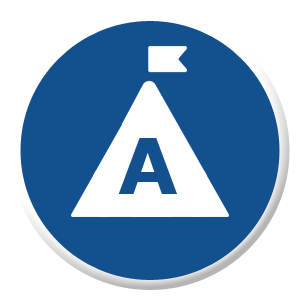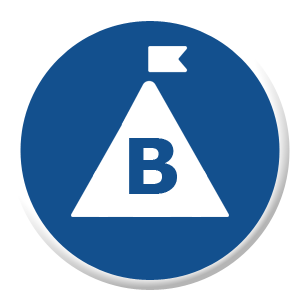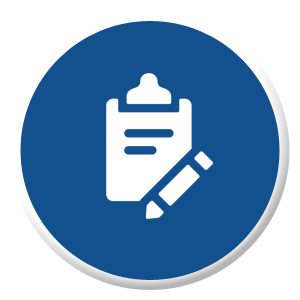Het arrangement Theme Television - tto123 is gemaakt met Wikiwijs van Kennisnet. Wikiwijs is hét onderwijsplatform waar je leermiddelen zoekt, maakt en deelt.
- Auteur
- Laatst gewijzigd
- 11-05-2025 09:42:26
- Licentie
-
Dit lesmateriaal is gepubliceerd onder de Creative Commons Naamsvermelding 4.0 Internationale licentie. Dit houdt in dat je onder de voorwaarde van naamsvermelding vrij bent om:
- het werk te delen - te kopiëren, te verspreiden en door te geven via elk medium of bestandsformaat
- het werk te bewerken - te remixen, te veranderen en afgeleide werken te maken
- voor alle doeleinden, inclusief commerciële doeleinden.
Meer informatie over de CC Naamsvermelding 4.0 Internationale licentie.
Aanvullende informatie over dit lesmateriaal
Van dit lesmateriaal is de volgende aanvullende informatie beschikbaar:
- Toelichting
- Dit thema valt onder de arrangeerbare leerlijn van de Stercollectie voor Engels voor tweetalig onderwijs, leerjaar 1, 2 en 3. Dit is thema 7 'Television'. Het gaat over televisieprogramma's, mensen die tv kijken of op tv verschijnen en reality tv. Het thema omvat de volgende onderwerpen: What's on tv?, 15 minutes of fame en Drama. De grammaticaopdrachten gaan over adverbs en conjunctions.
- Leerniveau
- VWO 2; HAVO 1; VWO 1; HAVO 3; VWO 3; HAVO 2;
- Leerinhoud en doelen
- Engels;
- Eindgebruiker
- leerling/student
- Moeilijkheidsgraad
- gemiddeld
- Studiebelasting
- 8 uur 0 minuten
- Trefwoorden
- 15 minutes of fame, adverbs and conjunctions, arrangeerbaar, drama, engels, stercollectie, television, tto123, what's on tv?
Gebruikte Wikiwijs Arrangementen
VO-content Engels. (2020).
Thema Television - hv3

 You are about to start the next theme: Television.
You are about to start the next theme: Television.


 Below are the three lessons that belong to this topic.
Below are the three lessons that belong to this topic.









